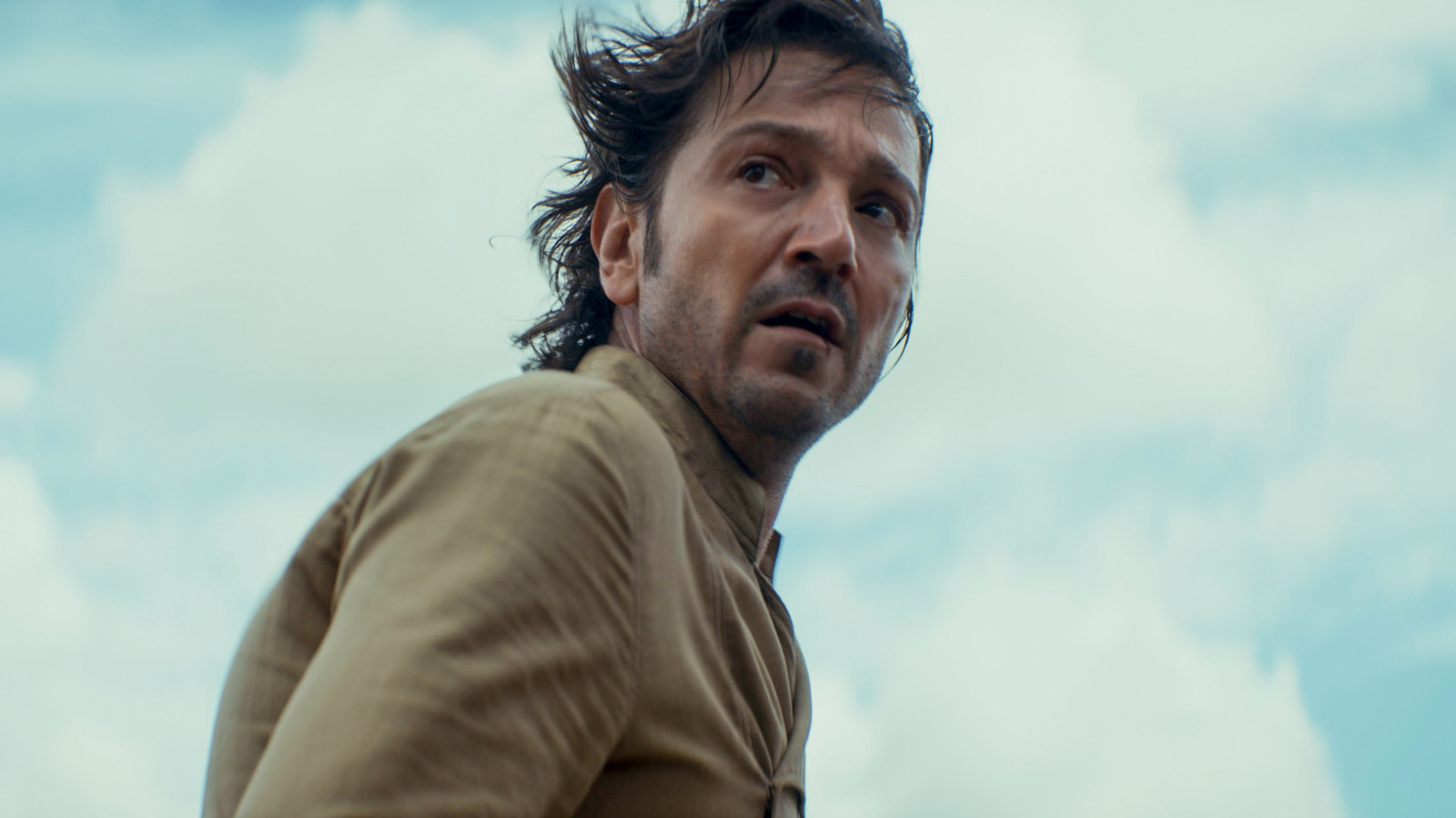Yes, I know this sounds weird. Hear me out.
Higginbotham is one of my favorite non-fiction authors, a skilled journalist and historian who writes with the instincts of a master thriller writer. His “Midnight in Chernobyl” is one of the best books I've ever read, a chilling, clear and addictive account of that terrible nuclear tragedy (and a must-read for anyone who finds themselves stunned by the HBO miniseries “Chernobyl”). “Challenger” has the same clear, haunting style – to explain why the Space Shuttle Challenger exploded shortly after takeoff in 1986, he takes the reader through the entire history of the United States' quest to win the space race, examining in horrifying detail the bureaucratic mistakes and misdemeanors that led to the tragic deaths of seven American astronauts.
This book is incredible. You must read it. You must read it especially if you're a millennial, like me, and grew up hearing only the sanitized, hand-wavy version of the whole story. It's essential.
But a recurring theme in the book is the battle for public attention. The mission to build the space shuttle, to reach the stars, is only possible if the American people support it. And their support is always a coin toss, depending on the country's social mood or the state of the economy. Whether NASA is a colossal waste of resources or a shining light leading us to a remarkable future depends on the whims of a country prone to sudden mood swings. Human beings are fickle. Americans even more so.
And that playfulness is something that, looking back, “Jurassic World” got right without a doubt.












